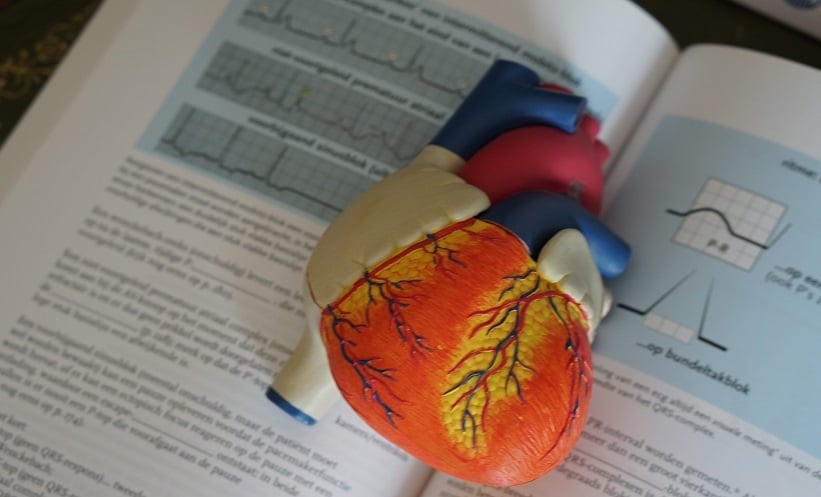NEW research has identified a range of characteristics associated with an increased risk of sudden cardiac arrest in patients with Type 2 diabetes (T2D). Sudden cardiac arrest (SCA) is a leading cause of death, responsible for up to 50% of cardiac deaths and 20% of mortality in high-income countries. Previous research suggests people with T2D have a two-fold increased risk of SCA; however, it remains difficult to predict, especially in those without a history of cardiovascular disease (CVD). The research team at Amsterdam University Medical Centers (UMC), the Netherlands, conducted a case control study to assess the relationship between SCA and clinical characteristics in general practitioner (GP) records in people with T2D, both with and without a CVD history.
In total, 3,919 patients with T2D were included in the study, with 687 cases of SCA between 2010–2019 and 3,230 age, sex, and GP practice matched controls. Medical history for 5 years prior to the case of SCA, as well as blood pressure, blood glucose readings, and medication use, were obtained from GP records.
Results indicated that several characteristics were associated with an increased risk of SCA in both people with and without CVD. History of arrhythmias, insulin use, corrected QT (QTc)-prolonging prokinetic medication, and unknown smoking behaviour resulted in a 68%, 138%, 66%, and 40% increase in the risk of SCA, respectively. In patients with CVD, moderate, severe, and unknown albuminuria resulted in respective CVD risk increases of 54%, 55%, and 90%, respectively, along with heart failure, which increased the risk by 85%. When considering patients without CVD, low fasting glucose, severely high systolic blood pressure, low high-density lipoprotein cholesterol QTc-prolonging anti-psychotic medication, and QTc-prolonging antibiotic medication (66% increase) use were associated with SCA.
In summary, the researchers suggest albuminuria, heart failure, and QTc-prolonging prokinetic medication altered the risk of SCA. However, for people with T2D but without a CVD history, low fasting glucose, severe hypertension, dyslipidaemia, and the use of QTc-prolonging antibiotic, antipsychotic, and prokinetic medication influenced the risk of SCA.








